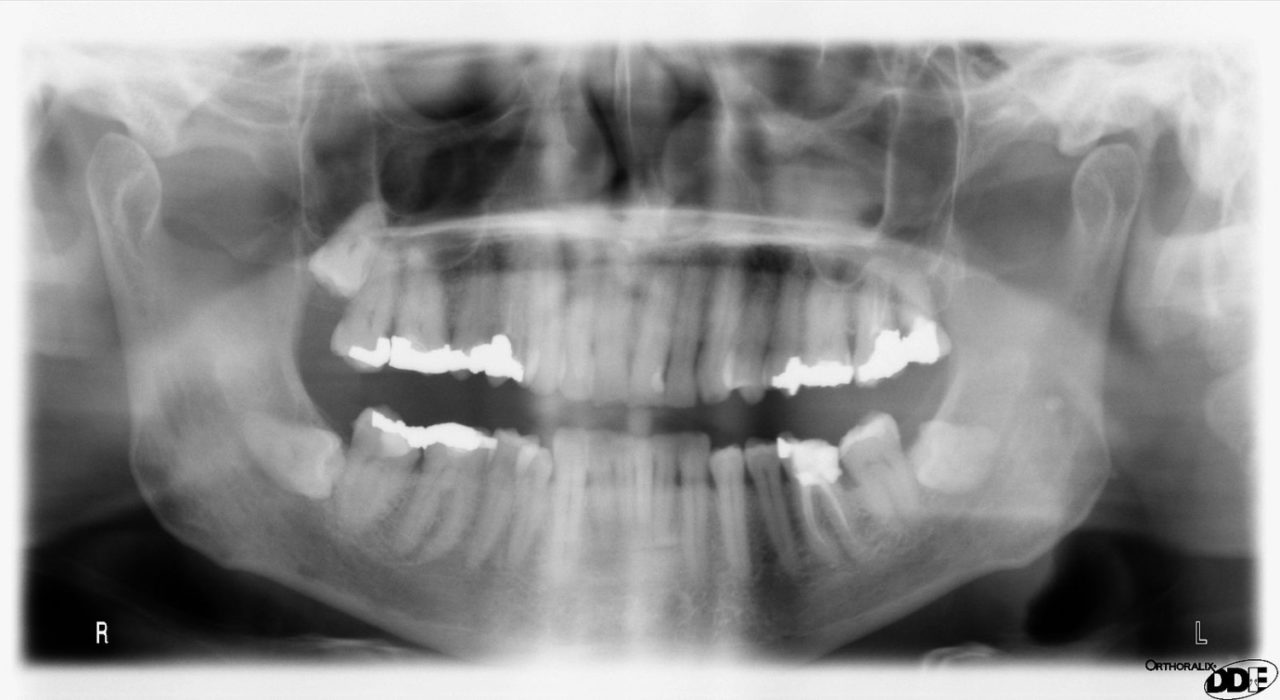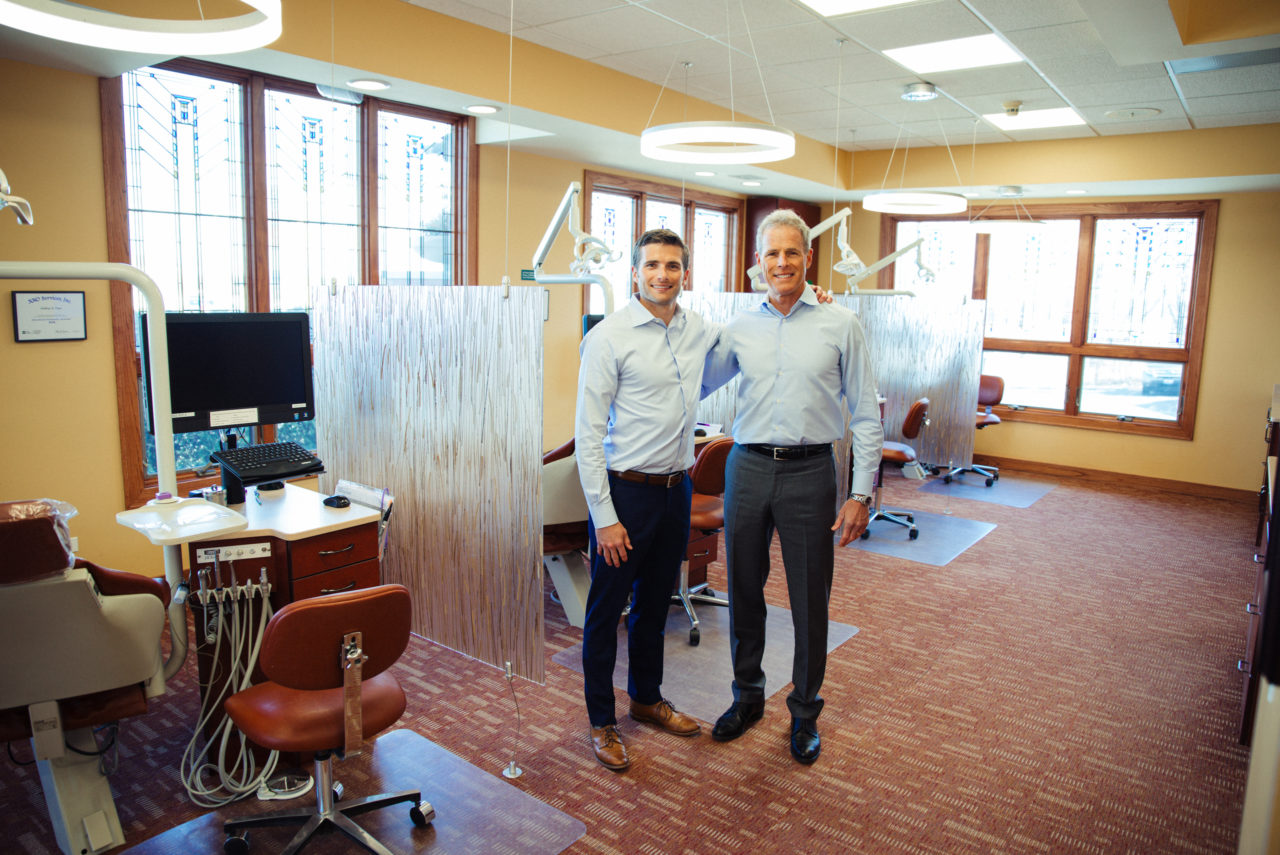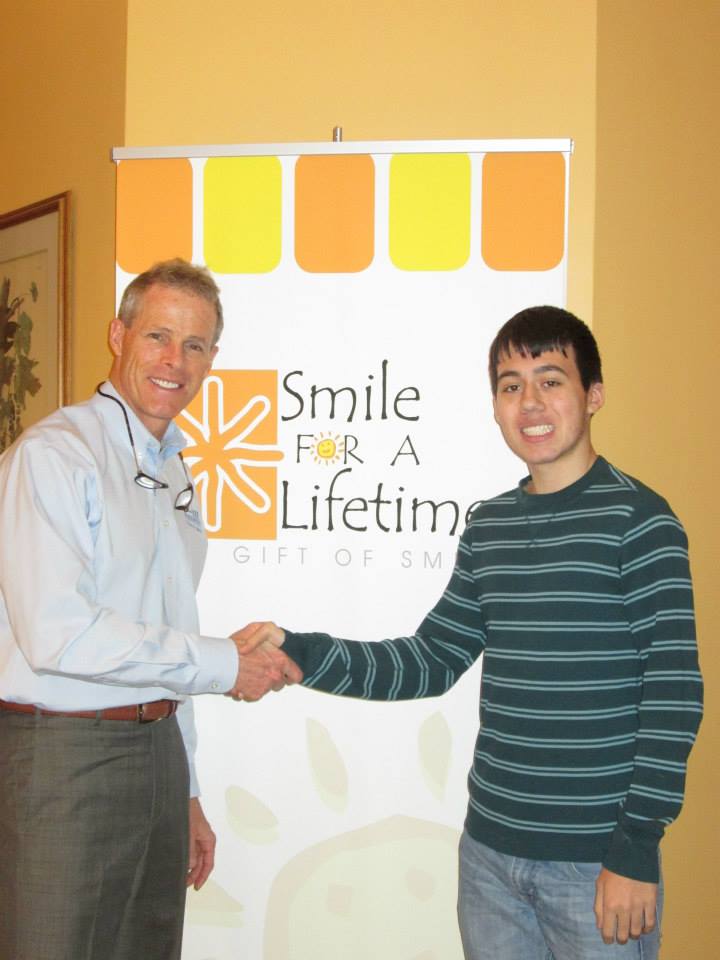If you have recently learned from your orthodontist that you will need braces to straighten your smile, you are likely to have a list of questions and concerns as long as your arm. You may find yourself wondering things like…
How long will I have to wear braces before I see real results? (Treatment times vary on a case by case basis.)
Will braces be painful? (No, although having braces put on may be a bit uncomfortable, and there may be some slight discomfort immediately after adjustments.)
Will I still be able to play sports? (Absolutely, as long as you take care to protect your braces, usually by keeping a mouthguard in.)
Will I need to give up any of my favorite foods? (There may be a few you will have to put on the back burner until treatment is complete, but there is plenty of food you can still enjoy!)
What if my wisdom teeth come in during or after orthodontic treatment? (This will not be a problem at any point during treatment or once it is finished….wait. Wisdom teeth?)
Yes, wisdom teeth! While they may not be the first thing you think of when contemplating braces, if you think of them at all, questions about wisdom teeth are actually fairly common here at Booth Orthodontics. For patients who are close to successfully completing their orthodontic treatment, the emergence of their wisdom teeth can sometimes cause a lot of worry over what will happen if the teeth start shuffling around again in order to make room for these late bloomers. But is that really how it works, and can these additional teeth exert the kind of pressure necessary for movement? Let us take a closer look at what wisdom teeth are, and if they can impact your orthodontic treatment with braces.
What are wisdom teeth? Do they actually do anything?
Wisdom teeth are the last teeth to erupt through our gums, usually making an appearance when we are in our late teens or early twenties. As the third set of molars, they can be seen at the very back on each side of the upper and lower jaws. Though they do not serve any specific function now, these teeth were very important to our ancestors, who survived on diets that were full of rough and tough foods like leaves, roots, nuts, and meats. Large, powerful jaws were key to keeping them alive. As our diet evolved into an easier, more varied one, our jaws began to shrink in size, and we went from having four molars in each quadrant to three.
Many of us simply do not have space in their mouths for their wisdom teeth anymore, causing some discomfort and pain both as they erupt and once they are fully grown in. While some people will have their wisdom teeth come through properly aligned with no issues other than some slight tenderness, others will require further action to alleviate pain, crowding, and the risk for abscess and impaction. That leads us to our next question…

How will you know if your wisdom teeth need to be removed?
Experienced orthodontists like Dr. Barry Booth and Dr. Ryan Booth will be able to assess how your wisdom teeth are coming in by taking an x-ray of your mouth. Based on the results of that x-ray and the severity and frequency of your symptoms, further treatment may be recommended, including wisdom tooth removal. Crowding can put pressure on the adjacent teeth, and if the wisdom teeth are coming in sideways, they can become caught behind the last tooth in the mouth, leading to impaction, which can be painful. Partially erupted teeth can also be difficult to clean properly, upping the potential for recurrent infections as well as damage to the healthy molars beside them.
Can erupting wisdom teeth interrupt or undo your orthodontic results?
Good news! The short answer is no. But timing is a major issue to explore when asking this question, because we do have some patients who see a slight shifting of their teeth in their late teens to early adult years. Obviously, this relapse occurs during the same time our wisdom teeth tend to come in as well. A study done by the University of Iowa placed sensors between the teeth to compare the amount of pressure on them with and without wisdom teeth, and found there was no difference between the two. Our wisdom teeth do not exert enough pressure on the surrounding teeth to cause them to move, so what can cause shifting around that age?
The answer is actually pretty simple: we get older.
Our teeth showing some general signs of wear and tear is a natural part of the aging process, as is the drifting we mention above. As this happens, it can cause our teeth to overlap and move slightly forward, causing the upper teeth to press the lower teeth in towards the tongue. Some residual jaw growth can still be happening around this time, too, forcing the teeth into positions we may view as undesirable. This is exactly why our team will remind you frequently about the importance of wearing your retainer as directed after your braces come off. Doing so will give your smile the best chance to stay as straight as possible once treatment is complete.

The best in oral care with Booth Orthodontics
While your wisdom teeth erupting is not likely to affect the results of your braces, removing them may still be recommended in order to ensure the overall health of your mouth. Because every case is different and every smile unique, we recommend scheduling a free consultation with Booth Orthodontics to learn more about the possibility of having your wisdom teeth removed, and how this might affect any long-term orthodontic treatment you are undergoing.
Straighter, more attractive teeth have been linked to both personal and professional success and fulfillment, and Booth Orthodontics believe in the transformative power of a great smile! When combined with excellent oral hygiene and care, a new and improved smile can contribute to better overall health, and can be a big boost to your self-confidence as well. An evaluation by an orthodontist can determine the necessity for and the timing of a wisdom tooth extraction, but this is just one of the many complex aspects of developing jaws and teeth that orthodontists like Drs. Booth can help you manage.
If you are in the Homer Glen, Chicago, or surrounding areas, and want to learn more about how your wisdom teeth could impact your orthodontic treatment or how orthodontics can benefit your overall oral health, get in touch with us today. Our entire team is dedicated to working with you to create a rewarding experience and a beautiful smile!
 Dr. Ryan Booth
Dr. Ryan Booth
